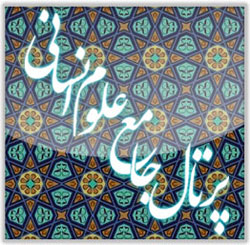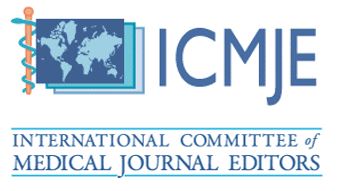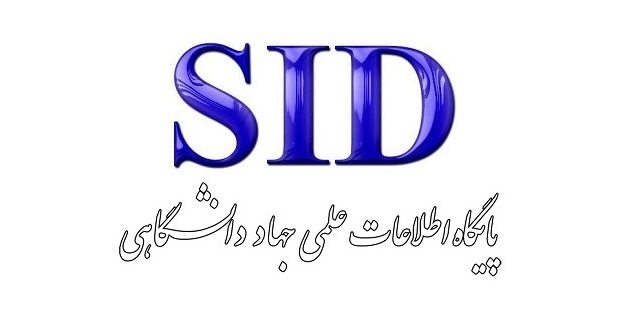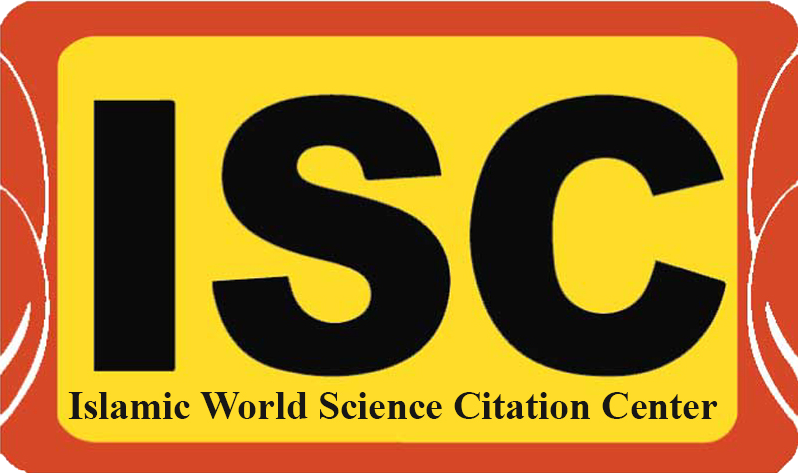An Educational Analysis of Sanai Ghaznavi's Poetry: Exploring Ethical and Religious Themes as Tools for Conveying Islamic Teachings
Keywords:
Sanai Ghaznavi, Persian didactic literature, ethical themes, religious teachings, mystical poetry, linguistic structuresAbstract
This article analyzes the educational structure and ethical and religious themes in the poetry of Sanai Ghaznavi, examining his role in shaping Persian didactic literature. As one of the earliest systematic poets in educational literature, Sanai skillfully employed specific linguistic structures, including metaphor, allegory, and repetition, to convey moral and religious teachings in an engaging and comprehensible manner. The findings indicate that Sanai's emphasis on ethical values such as honesty, justice, and respect for others, alongside his focus on religious principles like monotheism, prophethood, and resurrection, successfully guided audiences to reflect on Islamic and human values. By simplifying language and using accessible vocabulary, Sanai created a powerful framework for impacting society and enhancing its spiritual and ethical dimensions. Furthermore, his works effectively bridged religious teachings with the everyday lives of people, reinforcing the cultural and ethical foundations of the community. The profound influence of his educational structures on later poets like Attar and Rumi highlights Sanai's unique place in Persian literature. The conclusions of this study suggest that Sanai’s poetry, as a central source of moral and religious teachings in Persian literature, continues to serve as a model for didactic and mystical literature, contributing to the ongoing development and elevation of this tradition in successive generations.













